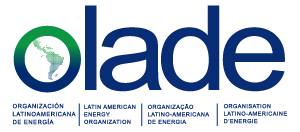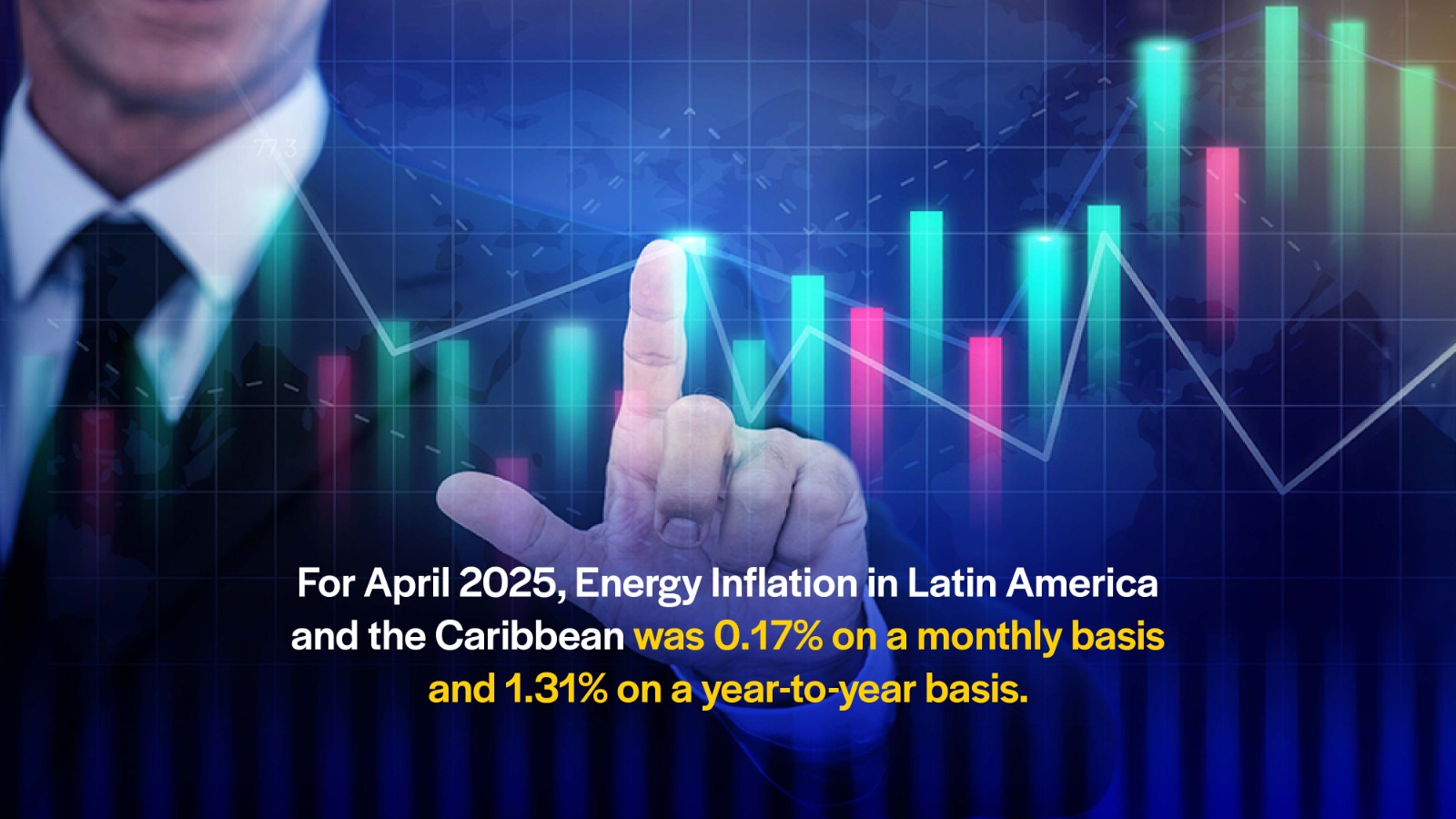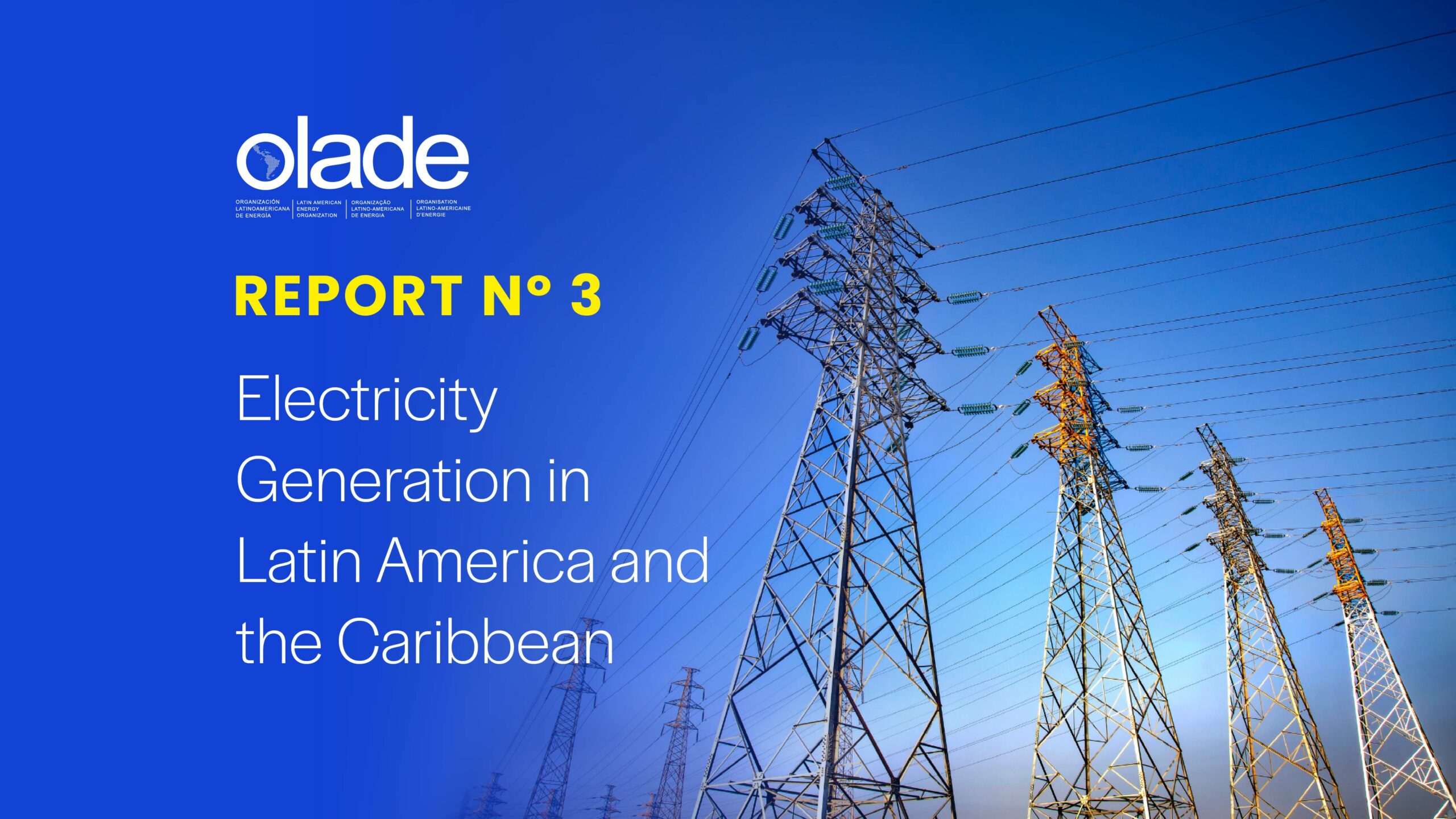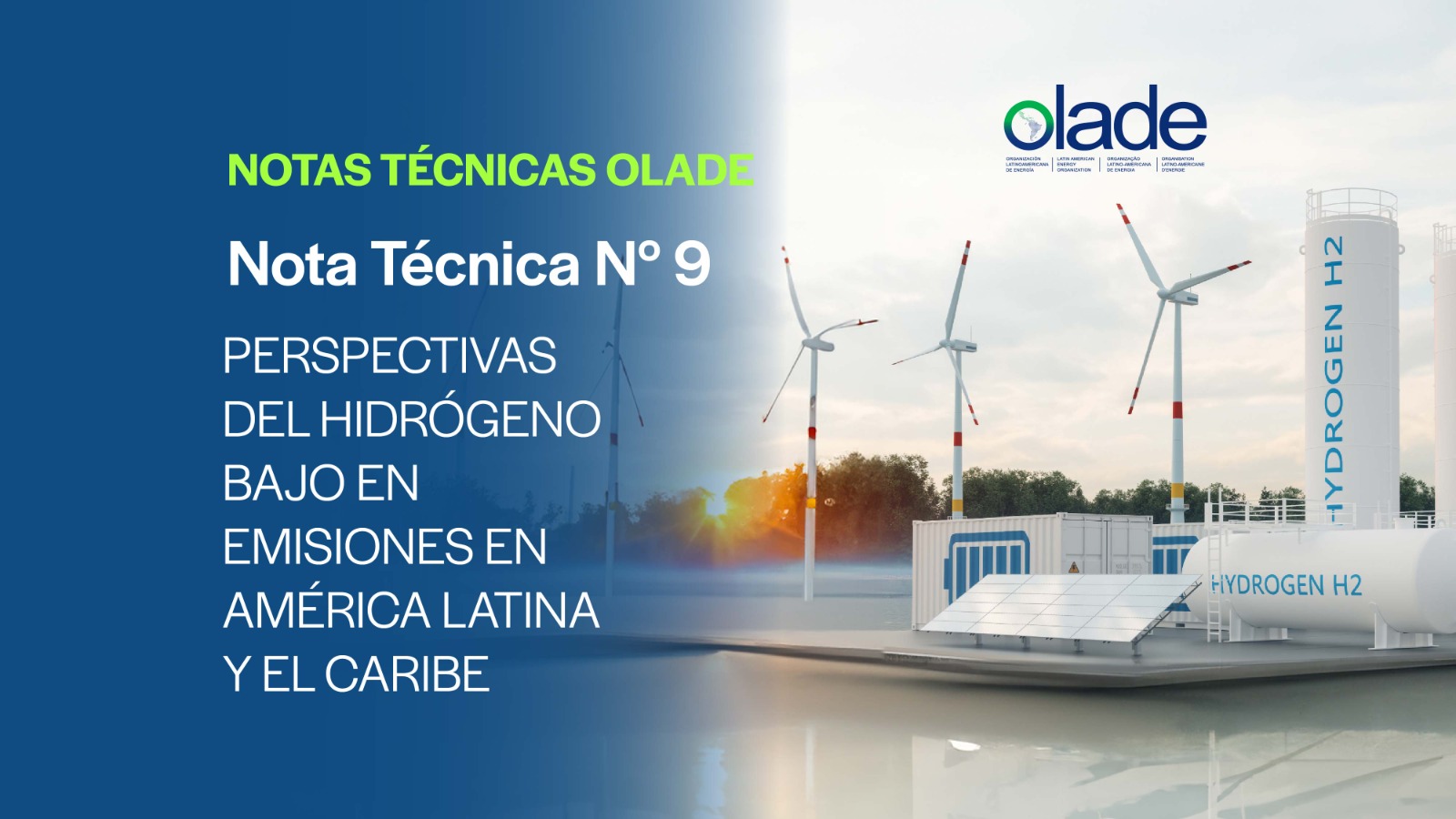The Web Seminar “Outlook on the impacts of COVID-19 in energy markets in Latin America and Brazil”, promoted by Memória da Eletricidade with the collaboration of the Sustainable Campus – Unicamp project and the support of Sebrae, held on August 11, 2020, featured with a massive virtual call from the energy sector community in the region. Space where the Latin American Energy Organization (Olade) participated in conjunction with the Empresa de Pesquisa Energética (EPE) and the Câmara de Comercialização de Energia Elétrica (CCEE).
The Executive Secretary of Olade, Alfonso Blanco, in his presentation on the outlook of the impacts of COVID-19 in the energy sector of Latin America and the Caribbean, explained that “the post-pandemic scenario is going to have an even greater impact on the economies of countries that are oil exporters, since the regional oil-exporting economies, faced with a sharp drop in international demand, are also seeing their fiscal income reduced ”.
In this context, the Executive Secretary of Olade predicts that the economies of Latin America and the Caribbean will contract between 3% and 15%, as a consequence of the increase in the fiscal deficit, which has been generated by a fall in tax collection and an increase of public spending due to the pandemic.
On the other hand, he stated that this situation could open space for business models supported by renewable energies and could even be an opportunity to accelerate the energy transition, with the help of public policies that allow the creation of new associations that help to overcome the economic crisis and to accelerate the desired transition.
In this regard, he explained that the contraction in demand, which has a direct cause in the containment measures, impacts the commercial and services sector that are the most affected, but highlights that in parallel to this there was a change in consumption patterns. “Consumers adopted new consumption patterns in many things: telework is present, electric mobility may have a greater development as a result of this pandemic, aspects associated with smart grids, self-production of energy, distributed generation, are elements that we are going to have to keep in mind and that we are going to have to incorporate. We are facing a change of era ”.
In the intervention of the Director of Studies, Projects and Information of Olade, Andrés Schuschny, the disaggregated data of several countries in the region was presented and the drop in production was analyzed. He reported that a decrease of between 6% and 32% was evidenced in the demand for electricity in the countries of Latin America and the Caribbean with respect to the situation prior to social isolation by COVID-19.
The Director of Studies, Projects and Information of Olade, pointed out that Peru suffered the greatest drop in demand, reaching a reduction of almost 36%, followed by Bolivia with 29%, Argentina with 26%, Colombia and Ecuador 16%, Panama 15 %, Uruguay 14% and Chile 6%.
To this, he added that the generation of hydroelectric energy was favored because many thermal plants had to be shut down due to this decrease and pointed out as an example the case of Peru, where the production of electrical energy on average fell 32% since the declaration of quarantine of the March 15, 2020, while there was a significant reduction in the contribution of natural gas to the energy matrix, going from 25% to 5% on average and currently hydraulic energy reaches close to 90% participation.
For her part, EPE’s Superintendent of Economic and Energy Studies, Carla Achão, conducted an in-depth analysis of energy demand in Brazil, highlighting not only the impacts of COVID-19 on energy consumption, but also the vision of the EPE on market prospects. Despite the slight recovery in June, Carla Achão pointed out that the negative result expected for 2020 represents a continuation of the trajectory of the crisis and the low growth that has occurred since 2015.
Rui Altieri, Chairman of the CCEE Board of Directors, presented the impacts of the pandemic on electricity consumption, pointing to a greater drop for the month of April, reaching 12.1%. It also showed a gradual and more positive resumption starting in May. Furthermore, compared to the period when social isolation began, Rui Altieri showed that the impact of the crisis was less intense in the free market than in the regulated market.
Communication Department
and Institutional Relations
gabriela.jarrin@olade.org





